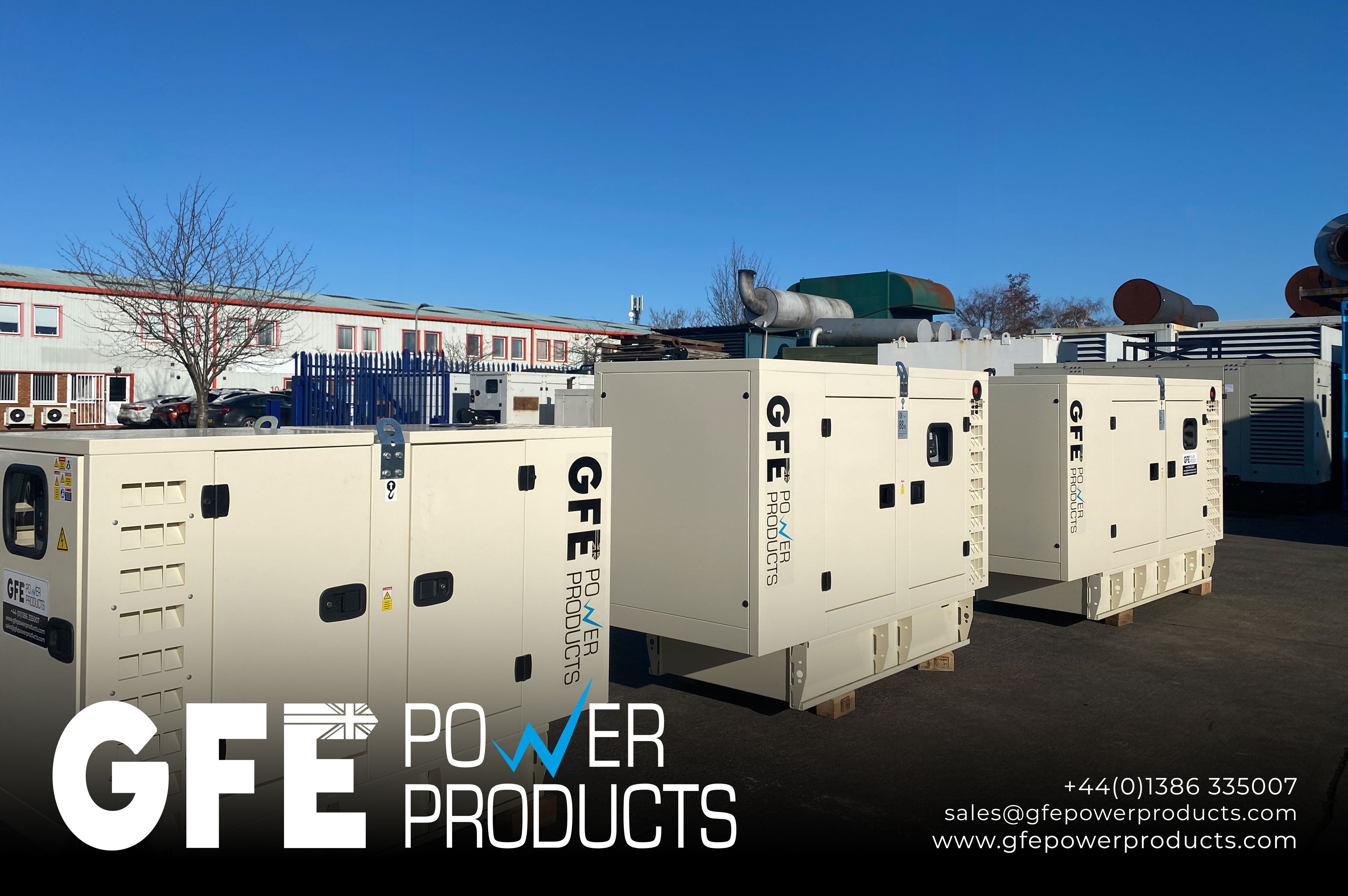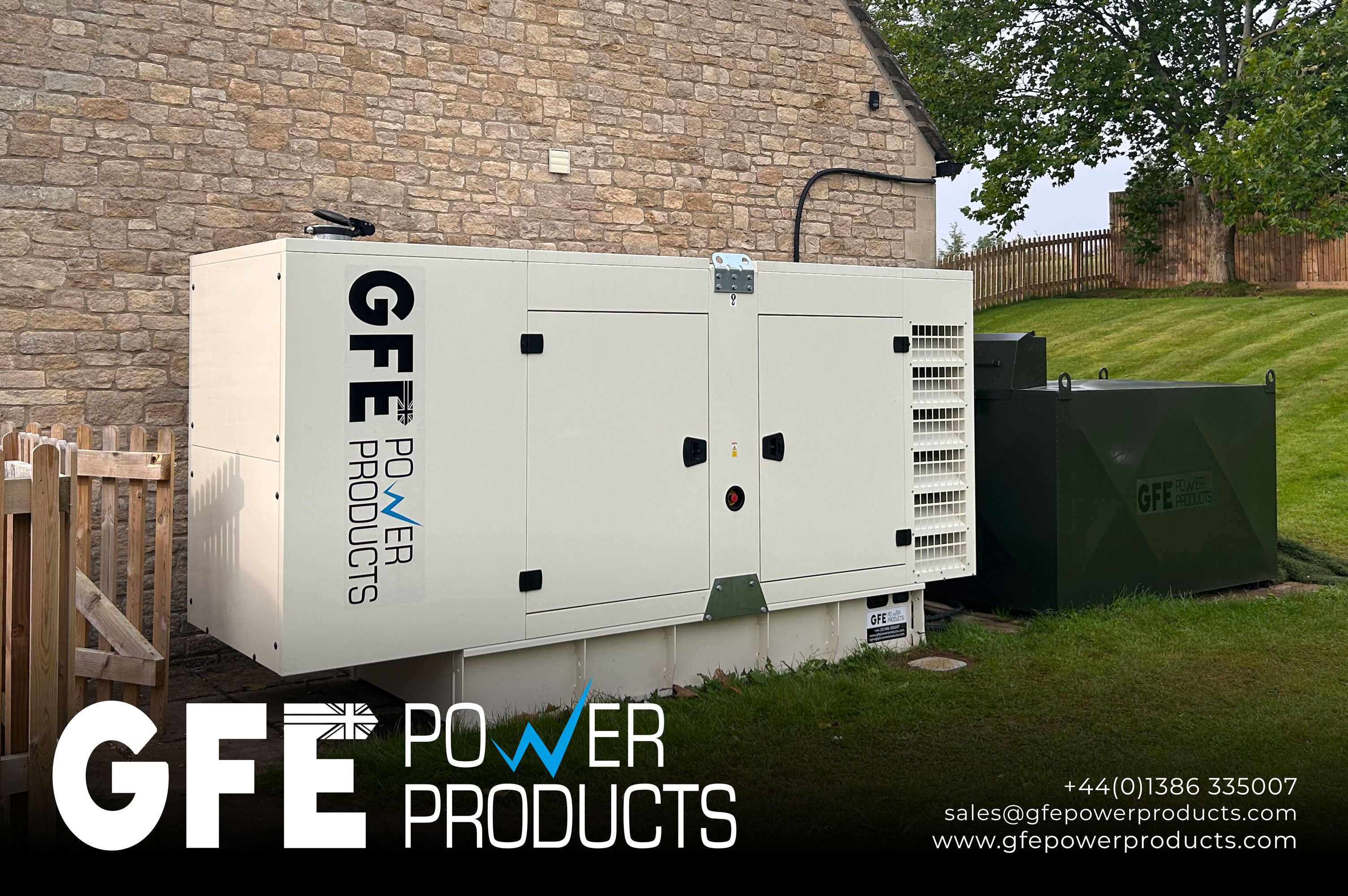
Do I Need A Generator This Winter?
Whether or not you need a generator this winter depends on several factors, including your location, the severity of the winter weather in your area, and your specific needs.
Here are some considerations to help you decide:
If you live in an area that experiences frequent power outages during the winter due to snow, ice storms, or extreme cold, a generator can be a valuable backup power source to keep your home warm and safe. Consider how long power outages typically last in your area. If they are brief and infrequent, you may be able to manage without a generator. If you live in an area prone to severe winter storms, having a generator can provide peace of mind and help you stay prepared for emergencies. For a home that relies on an alternative heating source, such as a wood stove or propane heater, a generator may be less critical for heating purposes.
If you or someone in your household relies on medical equipment that requires electricity, a generator can be a critical lifeline during power outages to ensure their safety and well-being. If you have a sump pump that keeps your basement dry, a generator can prevent basement flooding during power outages, which are often associated with heavy rain or snowmelt.
Consider the cost of purchasing and maintaining a generator, including fuel costs. Generators can be an investment, so evaluate whether it aligns with your budget and needs. Ensure a reliable source of fuel for your generator, whether it's diesel, petrol, propane, or natural gas. Make sure you have enough fuel stored to last through potential outages.
Before deciding whether to invest in a generator, it's a good idea to assess your specific situation and priorities. If you decide to get a generator, consult with a professional electrician or one of our GFE Power Products engineers to choose the right size and type of generator for your needs and to ensure it's installed correctly and safely. Additionally, be aware of local regulations and safety guidelines regarding generator use.
Can I Use A Generator In Winter?
You can use a generator in winter, but there are some important considerations to keep in mind:
- Fuel Type: Ensure that your generator is suitable for winter use and can handle cold temperatures. Diesel generators, for example, are often better suited for cold weather because diesel fuel doesn't gel as easily as petrol in freezing conditions.
- Fuel Storage: If you plan to use a generator during the winter, make sure you have an adequate supply of fuel stored in a safe and accessible location. Fuel consumption may increase in cold weather due to the generator running more frequently.
- Generator Placement: Place the generator in a well-ventilated area to prevent carbon monoxide buildup. Never run a generator inside your home, garage, or any enclosed space, as this can lead to deadly carbon monoxide poisoning.
- Maintenance: Regularly maintain your generator, especially during the winter months. Check the oil, fuel, and air filters to ensure proper operation. Cold weather can be hard on engines, so proper maintenance is crucial.
- Start-Up Procedure: Follow the manufacturer's recommended start-up procedure for cold weather. Some generators may have specific instructions for starting in freezing temperatures.
- Cold Weather Accessories: Some generators come with cold weather kits or accessories that can help with winter operation. These might include block heaters or battery warmers to ensure reliable starting. Keep reading for more info on cold weather kits.
- Protect from Snow and Ice: Keep the generator clear of snow and ice. Snow and ice build-up can affect the generator's performance and create safety hazards.
- Use a Transfer Switch: If you plan to connect the generator to your home's electrical system, use a transfer switch to ensure safe and proper connection. This prevents backfeeding into utility lines, which can be dangerous for utility workers.
- Safety Precautions: Always prioritise safety when using a generator in winter. Keep the generator and its exhaust well away from your home, and use extension cords and power strips designed for outdoor use.
- Emergency Preparedness: Have an emergency plan in place that includes how you will use the generator during a power outage. Ensure you have enough fuel on hand to last through the expected duration of the outage.
Before using a generator in winter, it's a good idea to consult the manufacturer's guidelines and, if necessary, seek advice from a professional electrician or generator technician. Proper preparation and maintenance are essential to ensure your generator operates reliably during cold weather and keeps you comfortable and safe during power outages.
Does The Cold Affect Generators?
Cold weather can affect the performance and operation of a generator in several ways:
Cold temperatures can make it more challenging for a generator's engine to start. The oil in the engine can become thicker in cold weather, which increases resistance, making it harder for the engine to turn over. Some generators have built-in features like block heaters or battery warmers to help with cold starts.
In extremely cold weather, diesel fuel and some petrol blends can gel, which can clog fuel filters and prevent the engine from running. Using winter-grade or cold-weather fuel additives can help mitigate this issue. Cold weather can also reduce battery performance, making it harder for the generator to start. Maintaining the battery and keeping it fully charged is important for reliable operation in winter.
Cold temperatures can cause engine oil to become more viscous, which can affect lubrication and engine performance. Using the recommended oil viscosity for cold weather can help prevent this issue. When a generator cools down after running, condensation can form inside the engine and other components. This moisture can lead to rust and other damage if not properly managed.
Snow and ice can accumulate around the generator's exhaust system, potentially blocking it and causing dangerous carbon monoxide build-up. Regularly clearing snow and ice away from the exhaust is crucial. Rubber parts, such as belts and hoses, can become more brittle in cold weather, increasing the risk of failure.
To mitigate these cold weather effects on a generator, consider the following steps:
Cold Weather Kit: Some generators come with cold weather kits or accessories that include features like block heaters and battery warmers to help with winter operation. Keep reading for more info on cold weather kits for generators.
Fuel Management: Use winter-grade or treated fuel to prevent gelling. Keep fuel tanks topped off to reduce condensation and water build-up.
Battery Maintenance: Ensure the generator's battery is in good condition and keep it fully charged. Consider using a trickle charger to maintain battery health.
Proper Oil: Use the manufacturer's recommended oil viscosity for cold weather conditions.
Regular Maintenance: Conduct regular maintenance on your generator, especially during the winter months, to address any cold-related issues.
Exhaust Clearance: Regularly clear snow and ice away from the generator's exhaust to prevent blockages and carbon monoxide build-up.
How Cold Is Too Cold For A Generator?
Generators can generally operate in a wide range of temperatures, but extreme cold can pose challenges. The specific temperature at which a generator becomes problematic can vary depending on factors like the generator's design, fuel type, and how well it has been maintained. Here are some general guidelines:
Diesel Generators
Diesel generators are often better suited for colder temperatures compared to petrol generators. They can typically operate in temperatures as low as -23 to -29 degrees Celsius (-10 to -20 degrees Fahrenheit). However, they may require additional measures, like using winter-grade diesel fuel and block heaters, to start and run reliably in extremely cold conditions.
Petrol Generators
Petrol generators may have more difficulty in very cold weather, with issues such as fuel gelling and starting problems becoming more common below freezing temperatures (32 degrees Fahrenheit or 0 degrees Celsius). Using a fuel stabiliser or winter-grade petrol can help.
Propane and Natural Gas Generators
These types of generators are generally well-suited for cold weather operation. Propane and natural gas are less prone to cold-related issues like fuel gelling, and these generators can typically operate in temperatures well below freezing.
In summary, while generators can generally operate in cold temperatures, extremely low temperatures can pose challenges, especially for petrol generators. To determine the cold weather limitations of your specific generator, refer to the manufacturer's guidelines and recommendations for operating in cold climates. Additionally, consider using cold weather kits and accessories, like block heaters and battery warmers, to improve performance and reliability in freezing conditions.
What Is A Generator Cold Weather Kit?
A generator cold weather kit, also known as a cold weather accessory kit or cold weather enclosure, is a set of components and accessories designed to help generators operate effectively and efficiently in cold weather conditions.
Generators, especially those powered by internal combustion engines (such as petrol or diesel generators), can face various challenges in cold weather, which can affect their performance and reliability. Cold weather kits are designed to address these challenges and ensure that the generator can start and run smoothly even in freezing temperatures.
Here are some common components and features of a generator cold weather kit:
- Engine Block Heater: This is a heating element that is installed in the engine block of the generator. It keeps the engine oil and coolant warm, which makes it easier to start the generator in cold weather.
- Battery Warmer: Cold temperatures can reduce the efficiency of a generator's battery. A battery warmer helps maintain the battery's optimal operating temperature, ensuring that it has enough power to start the generator.
- Cold Weather Enclosure: Some kits include an enclosure or cover for the generator that helps trap heat and protect it from extreme cold and wind. This enclosure also provides additional insulation.
- Cold Weather Air Intake Systems: In extremely cold conditions, the air intake of the generator can be affected. Cold weather air intake systems help regulate the temperature of the air entering the generator to prevent freezing and icing.
- Exhaust Pipe Extensions: These extensions allow the generator's exhaust to be directed away from the generator itself, reducing the risk of exhaust gases re-entering the system and causing issues.
- Fuel Heaters: Diesel generators may include fuel heaters to prevent fuel from gelling or becoming too thick in cold weather, which can clog fuel lines and filters.
- Control Panel Heaters: Some kits include heaters for the generator's control panel to prevent moisture and condensation build-up on critical electrical components.
These kits are essential for ensuring that backup generators and standby power systems can reliably start and operate in cold climates, especially during power outages or emergency situations. They help prevent cold-related issues like engine block freezing, battery failure, and fuel problems, ensuring that the generator is ready to provide power when needed most. The specific components included in a cold weather kit may vary depending on the generator model and the severity of the expected cold weather conditions.
Get ready for winter, get in touch now to discuss your new diesel generator requirements.
Phone: +44 (0)1386 335007
Email: sales@gfepowerproducts.com



